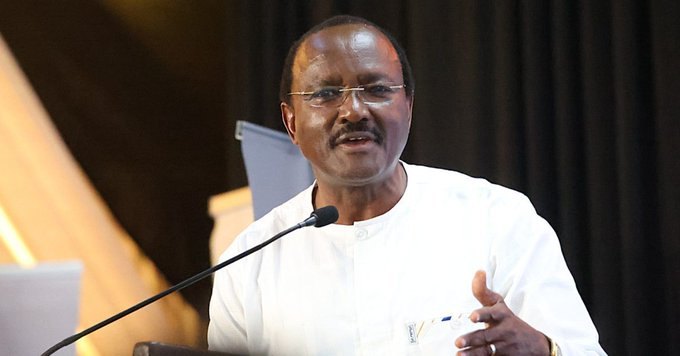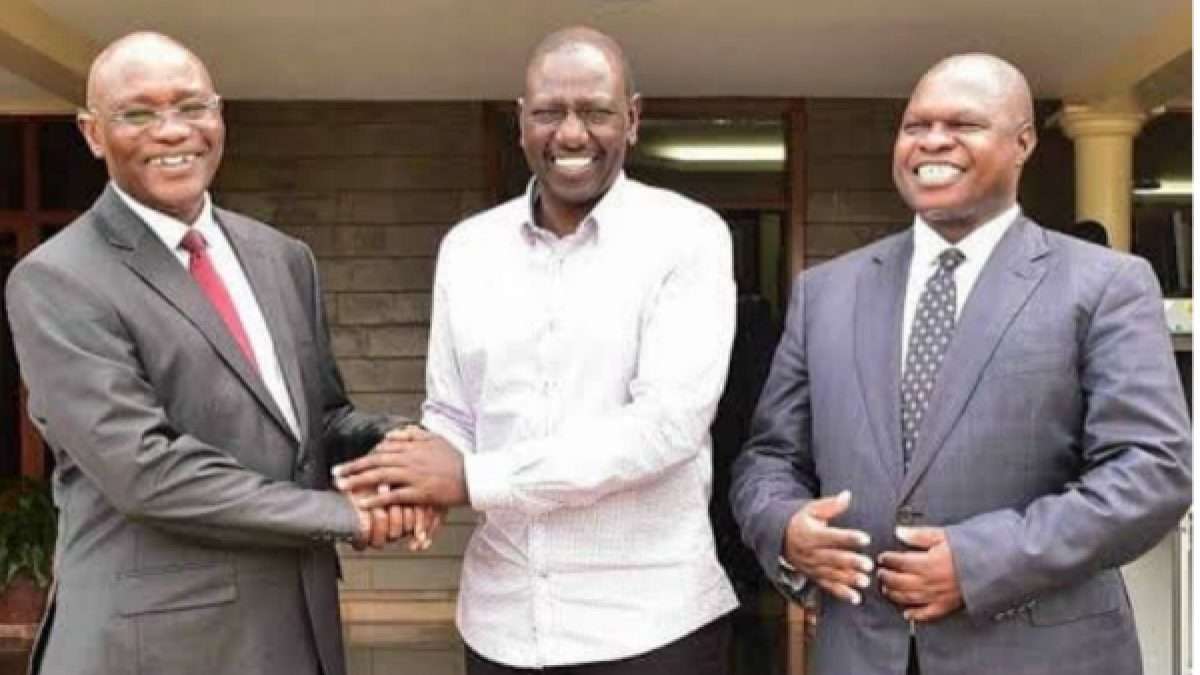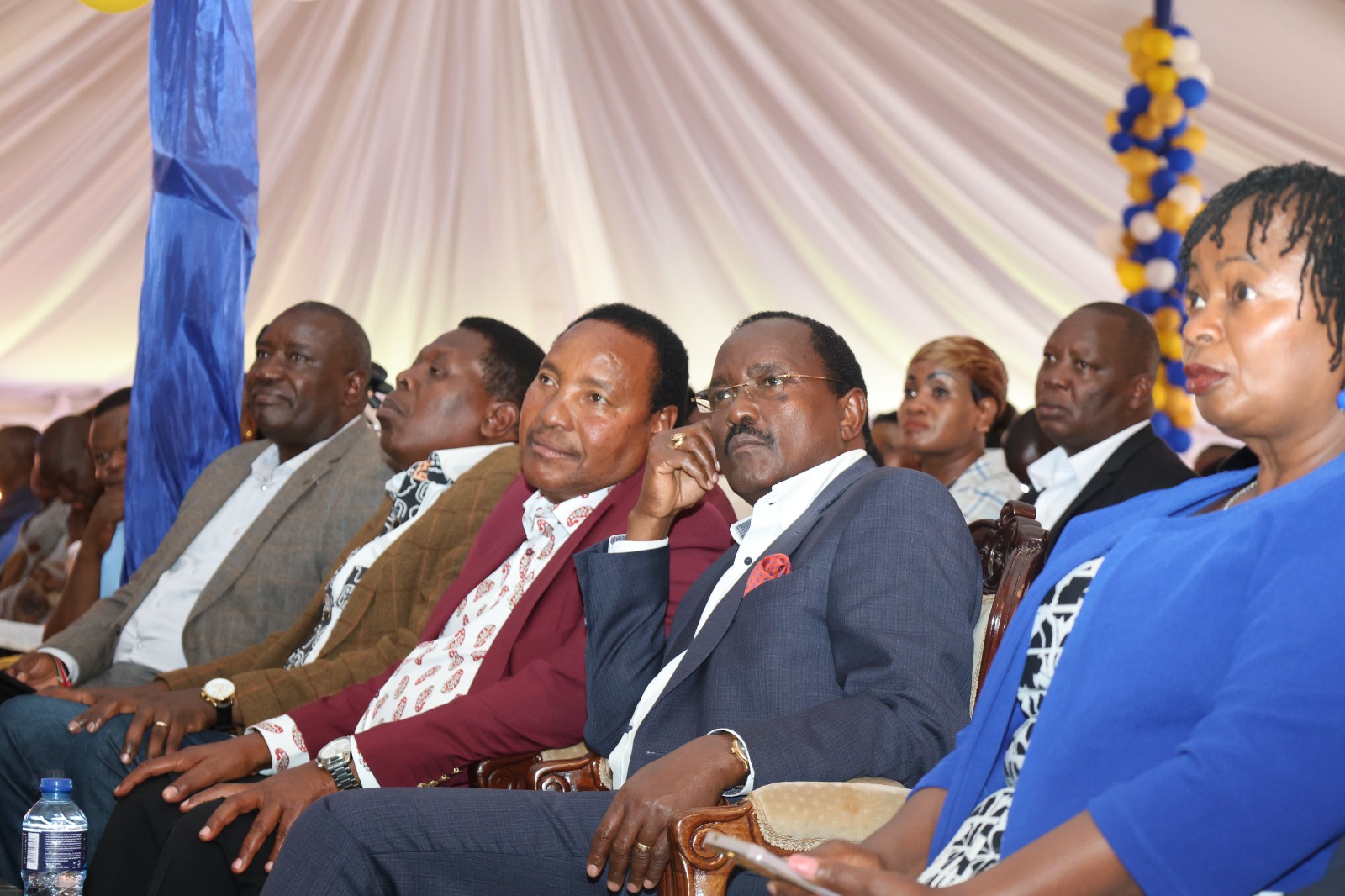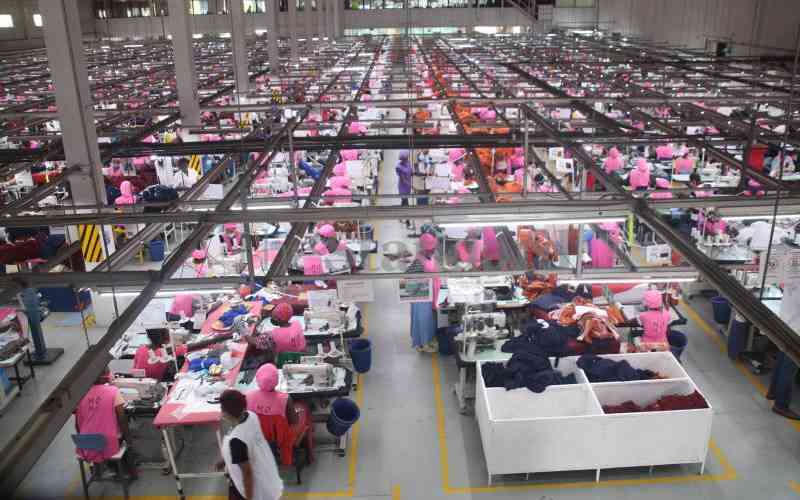The heckling of Gachagua, and, in some cases, Kalonzo, underscores a deeper political dilemma. Should Gachagua forgo the presidential race, convincing Mount Kenya voters to rally behind either Kalonzo or Fred Matiang’i would prove an uphill task, just as Kalonzo would struggle to sway Ukambani without firm grassroots support
By The Weekly Vision Political Desk
As politicians traverse the country campaigning for various seats in the upcoming by-elections, a troubling trend has emerged: leaders in the united opposition are increasingly facing hostile receptions from the public, even in regions once considered their political bastions.
If left unaddressed, this pattern could spill over into the 2027 General Election, raising serious doubts about the viability of Kalonzo Musyoka and Rigathi Gachagua as presidential contenders.
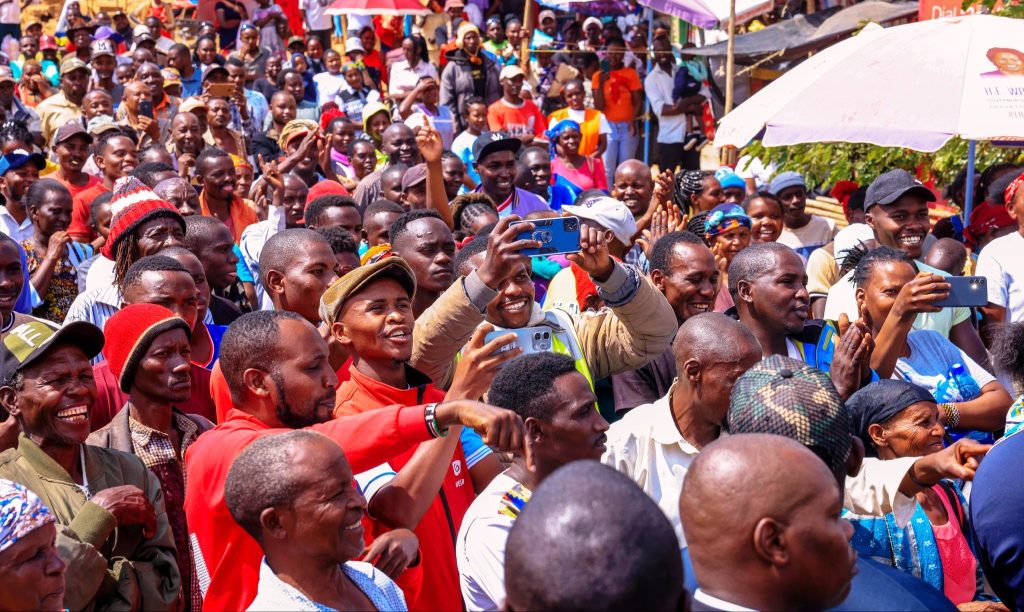
What is particularly telling is that the heckling often occurs within their own political strongholds, Ukambani for Kalonzo and the Mount Kenya region for Gachagua, areas where they would ordinarily expect overwhelming support. This growing hostility is likely to influence not only the immediate by-elections but also the broader political landscape ahead of 2027.
Politics, as the saying goes, thrives on perception. The belief that Mount Kenya and Ukambani remain loyal strongholds for Gachagua and Kalonzo is gradually fading. This is evident from the booing, heckling, and the general unwillingness of the crowds to heed their appeals.
The “one-term” rallying call, initially framed as a unifying slogan, appears to have backfired. Instead of resonating with voters, it has prompted chants of “two terms” in response, signalling that the message has been rejected. What was intended as a strategic appeal has now become counterproductive and should be reconsidered.
If voters in Ukambani and Mount Kenya can openly challenge Kalonzo and Gachagua with “two-term” chants, does this not lend credence to the notion that Kenyans may not be ready to back either of them? Both leaders must therefore return to the drawing board, consolidate their political bases, and rethink public engagements that could further erode their popularity.
The perception that President William Ruto is unwelcome in Ukambani and Mount Kenya is quickly fading. On the contrary, he continues to attract enthusiastic receptions in both regions — an indication that his political outreach may be bearing fruit. Should the opposition fail to re-engage meaningfully, Ruto could secure a significant share of votes from these areas in 2027.
The heckling of Gachagua, and in some cases Kalonzo, also underscores a deeper dilemma. If Gachagua were to forgo the presidential race, persuading Mount Kenya voters to rally behind either Kalonzo or Fred Matiang’i would be an uphill task — and the same logic applies to Kalonzo in Ukambani.
Voter apathy could also emerge in the Mount Kenya region should Gachagua stay out of the race, indirectly benefiting Ruto’s re-election prospects. Both Kalonzo and Gachagua must confront the reality that their support may not be as strong as once perceived.
Interestingly, Fred Matiang’i’s political rallies have so far been devoid of heckling or disruptions — a sign that his candidacy may enjoy broader national acceptance. Many observers are now keen to see whether former President Uhuru Kenyatta, the Jubilee Party leader, will eventually host Matiang’i at rallies in the Mount Kenya region.
Should such an event draw a warm, disruption-free reception, it would send a powerful message, and perhaps compel both Kalonzo Musyoka and Rigathi Gachagua to reassess their political strategies ahead of 2027.


